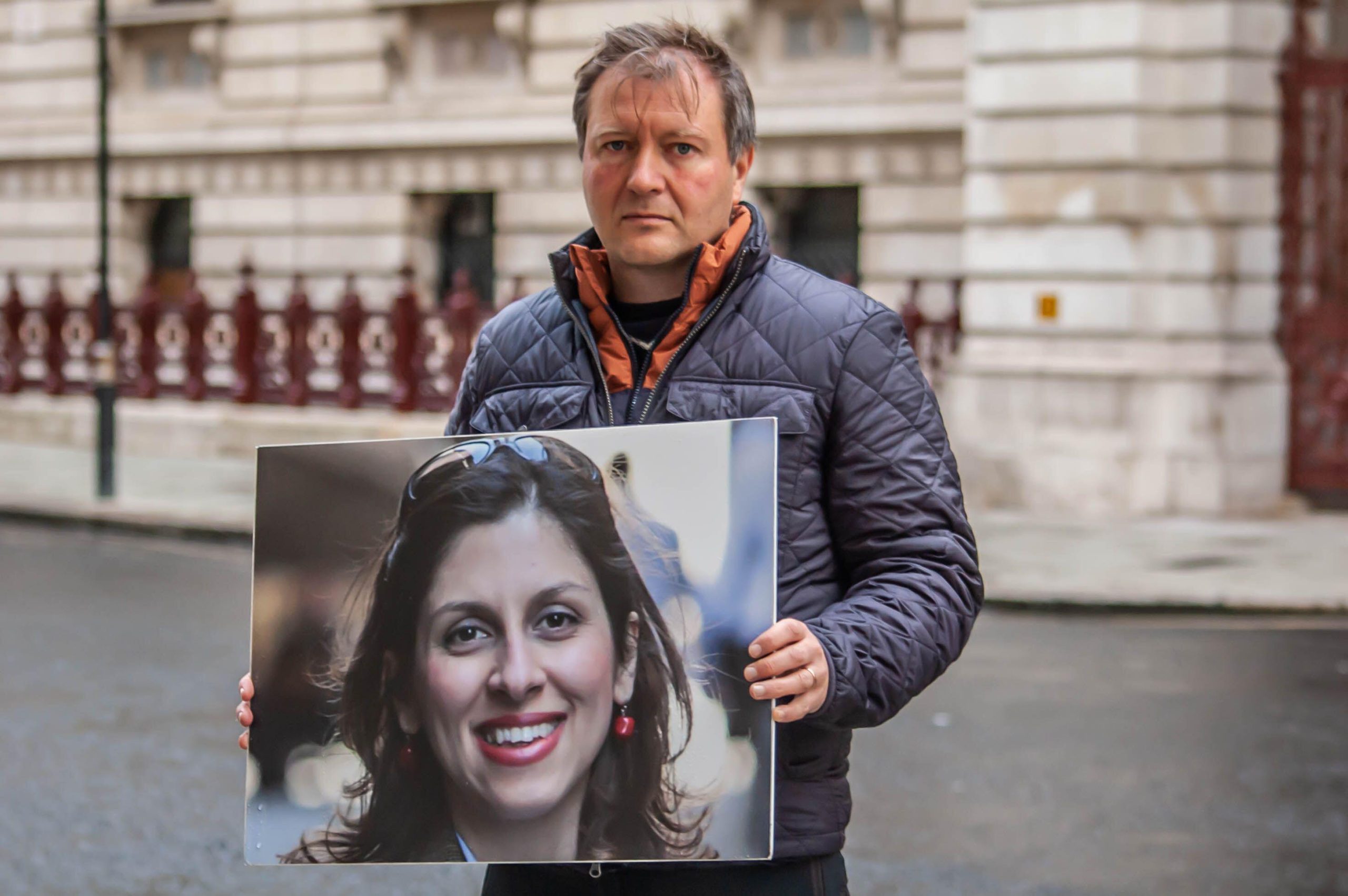Hello, readers. This week, the news in the UK has been dominated by the Budget, alongside anticipation of next week’s USA presidential election. Whilst a lot of media attention has been focused on the Chancellor’s number crunching, the Prime Minister also started the week with a proclamation of the importance of press freedom.
Writing for The Guardian on Monday, in an article coinciding with the News Media Association’s week-long Journalism Matters campaign, Keir Starmer vowed to protect journalism, the “lifeblood of our democracy”, and stressed the vital role of the media in holding politicians such as himself to account. “And yet this is not a given. All around the world, journalists put themselves at risk in defence of those values,” he wrote, paying tribute to press who have been killed or detained whilst operating in war zones and authoritarian regimes.
It’s heartening to see this strong defence of free speech from the Prime Minister. But around the world, we are still seeing prisoners of conscience imprisoned for simply speaking their mind, some of whom have British citizenship.
This week marked the two-year anniversary of the arrest of Toomaj Salehi, an Iranian rapper who refused to stop singing his political protest songs criticising Iranian government policy. He was sentenced to death on 24 April 2024, and while this has thankfully been overturned, he remains behind bars. This week, his cousin Arezou Eghbali wrote a piece for Index, calling on the international community to demand his release.
Perhaps one of the most high-profile cases of unjust imprisonment overseas is that of British-Iranian national Nazanin Zaghari-Ratcliffe. Spending nearly six years in detention in Iran, her situation was made worse by false comments made by former foreign secretary Boris Johnson about the purpose of her visit to Iran. You can read an article from Zaghari-Ratcliffe below, where she calls for the release of Salehi.
Then there is Alaa Abd el-Fattah, an Egyptian-British software developer and pro-democracy political activist, who was due to be released following a five-year prison sentence in Egypt on 29 September, yet remains behind bars. His family have spoken out about the lack of government support he has received, and his mother is currently on hunger strike. “I’m keeping it up until Alaa is free or I’m taken to hospital in a terrible state,” she told the BBC last week.
When he was shadow foreign secretary, David Lammy criticised the Conservatives and called for “serious diplomatic consequences” if Abd el-Fattah was not granted a consular visit and ultimately freed – but since becoming Foreign Secretary, he has not raised the case publicly. A Foreign Office spokesperson told the BBC that the government is prioritising his release: “We continue to raise his case at the highest levels of the Egyptian government.”
Another British citizen who remains behind bars is Jimmy Lai – a Hong Kong political figure and activist, who was arrested in 2020 for fraud and involvement in pro-democracy protests. Whilst Starmer has said that securing his release is a “priority”, Lai’s lawyer has criticised past and current governments, and says that David Lammy has failed to meet with herself or Lai’s son to discuss the matter. She says that David Cameron is the only foreign secretary of the past five to meet with Lai’s legal team. “This is a disappointing and flawed approach that stymies crucial efforts to free Jimmy Lai and fundamentally undermines the government’s official position that he must be released,” she told the BBC.
As we mark two years since Toomaj Salehi’s arrest, we reflect on all the political prisoners globally who have been unjustly punished for challenging their governments or speaking out against injustice. In doing so, we return to Starmer’s optimistic statement about championing free speech and ensuring politicians are held to account. Let us hope his new government uses this rhetoric and its diplomatic power to fight for its citizens around the world.






